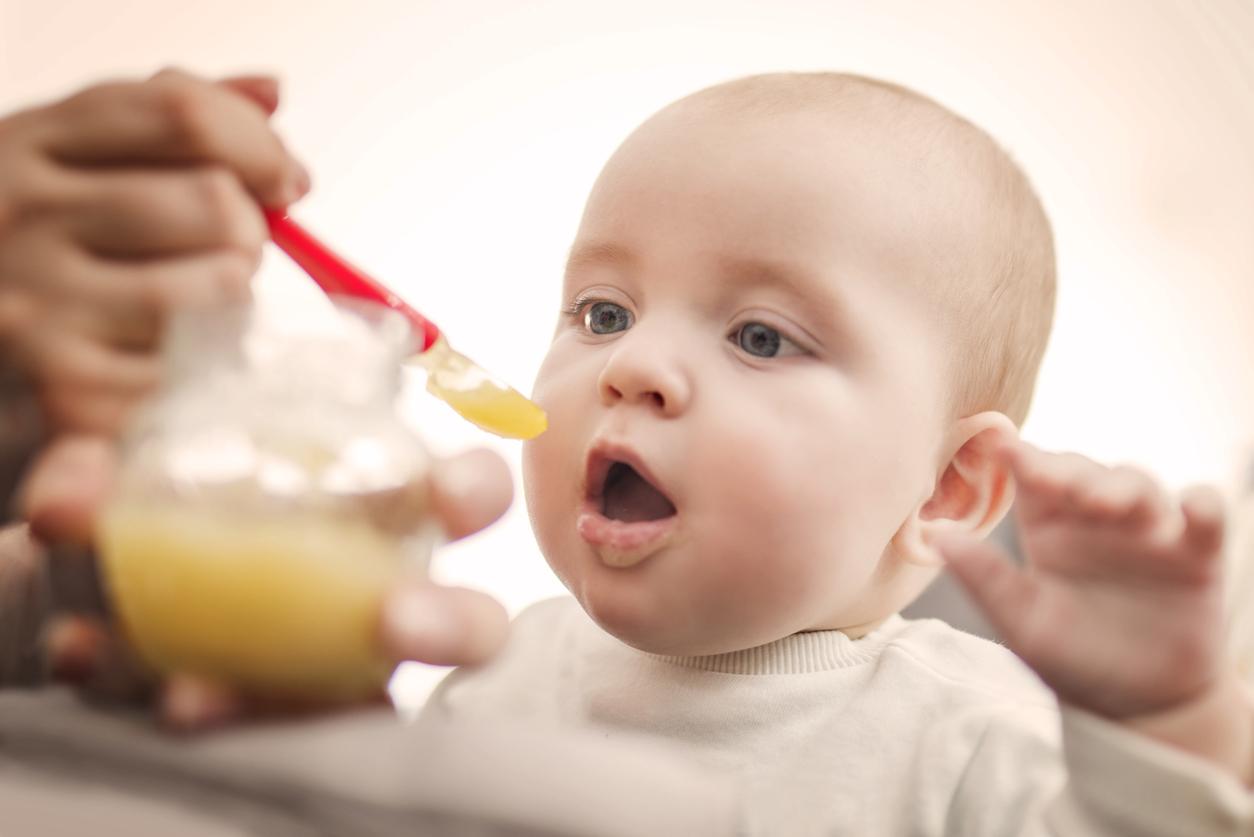New range of paleo diet baby food could hamper child development, experts warn
Doctors are concerned that the pouches won’t deliver proper nutrition

Your support helps us to tell the story
From reproductive rights to climate change to Big Tech, The Independent is on the ground when the story is developing. Whether it's investigating the financials of Elon Musk's pro-Trump PAC or producing our latest documentary, 'The A Word', which shines a light on the American women fighting for reproductive rights, we know how important it is to parse out the facts from the messaging.
At such a critical moment in US history, we need reporters on the ground. Your donation allows us to keep sending journalists to speak to both sides of the story.
The Independent is trusted by Americans across the entire political spectrum. And unlike many other quality news outlets, we choose not to lock Americans out of our reporting and analysis with paywalls. We believe quality journalism should be available to everyone, paid for by those who can afford it.
Your support makes all the difference.A couple who created a line of paleo diet-friendly baby food have come under fire from experts concerned that it could hamper childhood development.
After not being able to find pouched baby food that she felt was nutritious enough for her child, Paleo dieter and advocate, Serenity Heegel, co-founded Serenity Kids – a line of pureed baby food that offers the highest meat content on the market.
“I just couldn’t believe that nothing existed that would be something I would want to feed my own baby,” Heegel told Food Navigator.
The food line which launched this month offers pouches in three different flavours – uncured bacon with organic kale and butternut squash, chicken with peas and carrots, and beef with kale and sweet potato. They are also organic, grain-free, soy-free and gluten free.
However, the formula is being questioned by experts who are concerned over the implications the ‘fad-diet’ could have on children.
A trend that caught on in 2002 with Loren Cordain’s The Paleo Diet, it encourages adults to eat foods that would have been available to Paleolithic humas including non-processed foods, free-range meats and no grains, dairy or sugar.
But, while some research has suggested it may have health benefits, others suggest that the diet’s restrictions on carbohydrates and extremely high levels of protein could in fact hamper childhood development.
Sure, eating less sugar and processed foods sounds great in principle, but what about all the other nutrients they’re missing out on?
"A varied diet is essential for children as it enables them to receive a variety of nutrients to support growth physically and mentally," Rhiannon Lambert, a registered nutritionist told The Independent.
"Ultimately, balanced meals not omitting a whole food group is the best approach for any one but especially when looking at child development. Baby food should contain a mix of the food groups and giving up one completely can be detrimental to their health and prospects."
“There’s no research that shows a child needs a high-protein diet,” Stephanie Di Figlia-Peck, a registered dietitian at Northwell Health, also told Moneyish.
“A child who’s growing and developing needs a balance of carbohydrates that come from fruits, vegetables and grains; protein and healthy fat. There needs to be a balance so you get the correct nutrient profile,” she added.
This isn’t the first time children’s Paleo diet products have been questioned though. Back in 2015, Australian publishers sought to release a Paleo diet cookbook aimed at parents but after doctors voiced concerns that the recipes contained 10 times more vitamin A than is considered safe for children, it never made it to the shelves.
Despite the controversy surrounded Serenity Kids’ products, their sales are booming with Heegel revealing that the company has sold 1,800 pouches during their online pre-sale alone. But, with the Paleo diet estimated to become a $300 million industry by 2018, is it any wonder?
Join our commenting forum
Join thought-provoking conversations, follow other Independent readers and see their replies
Comments